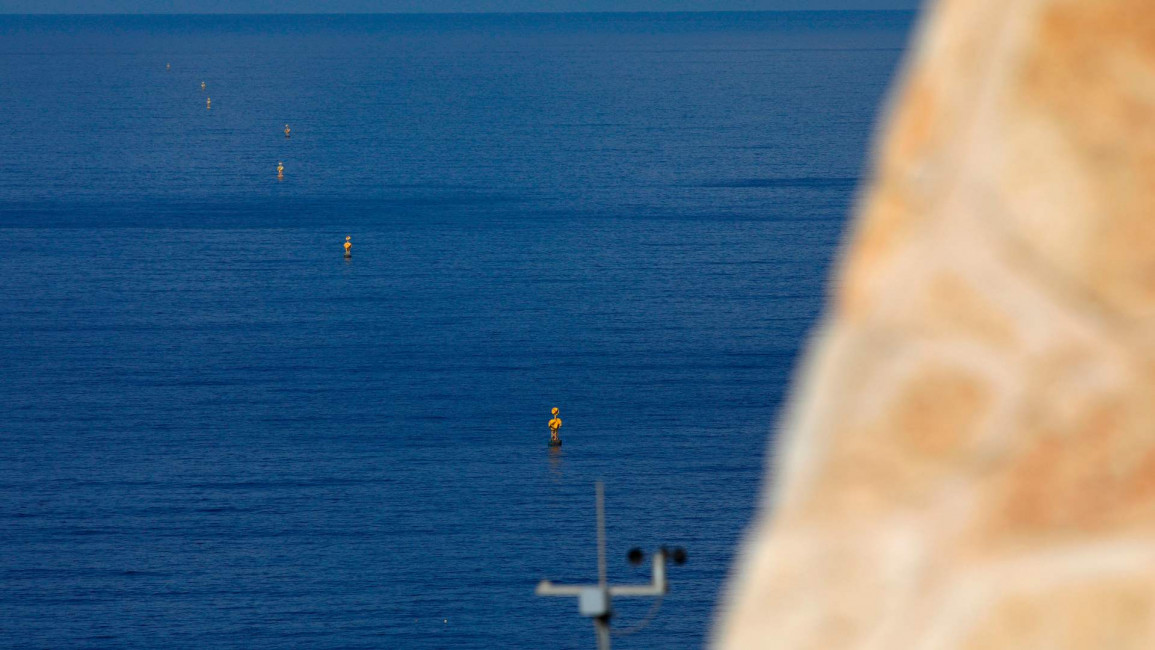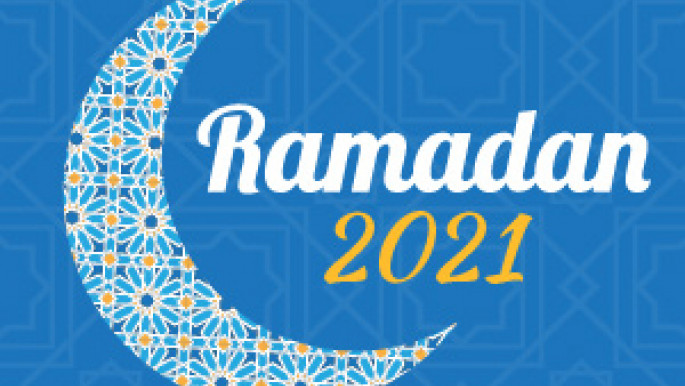Lebanon-Israel maritime border talks hit roadblock
The US-mediated indirect talks are now on pause after hitting a roadblock at the end of the third round, Israel Hayom reported on Friday.
Lebanon pushed for another 1,430 square kilometers (550 square miles) of maritime territory to be included within its borders, according to the Israeli daily.
Israeli negotiators responded by requesting an extension of its maritime borders into what it previously considered Lebanese territory.
Lebanon's request was likewise south of its border as delineated in a map given to the UN a decade ago.
The UN-hosted talks are due to resume next month but no date has been set.
After years of quiet US shuttle diplomacy, Lebanon and Israel last month said they had agreed to begin negotiations in what Washington hailed as a "historic" agreement.
|
|
The announcement came weeks after Bahrain and the United Arab Emirates became the first Arab nations to establish relations with Israel since Egypt in 1979 and Jordan in 1994.
But Lebanon has insisted the negotiations are purely technical and do not involve any political normalisation with Israel.
Lebanon, reeling from its worst economic crisis in decades, is hoping to settle the maritime border dispute so it can continue exploring for hydrocarbon reserves in the Mediterranean.
Exploration is on hold in an area off its coast named Block 9, as a section of it is located in an 860-square-kilometre (330-square-mile) area claimed by both Israel and Lebanon.
In February 2018, Lebanon signed its first contract for offshore drilling for oil and gas in Block 9 and Block 4 with a consortium comprising energy giants Total, ENI and Novatek.
Lebanon in April said initial drilling in Block 4 had shown traces of gas but no commercially viable reserves.
Agencies contributed to this report
Follow us on Facebook, Twitter and Instagram to stay connected



![Minnesota Tim Walz is working to court Muslim voters. [Getty]](/sites/default/files/styles/image_684x385/public/2169747529.jpeg?h=a5f2f23a&itok=b63Wif2V)





![Israeli strikes on Beirut [Getty]](/sites/default/files/styles/image_330x185/public/2176155077.jpeg?h=a5f2f23a&itok=Xq7ypWgM)
